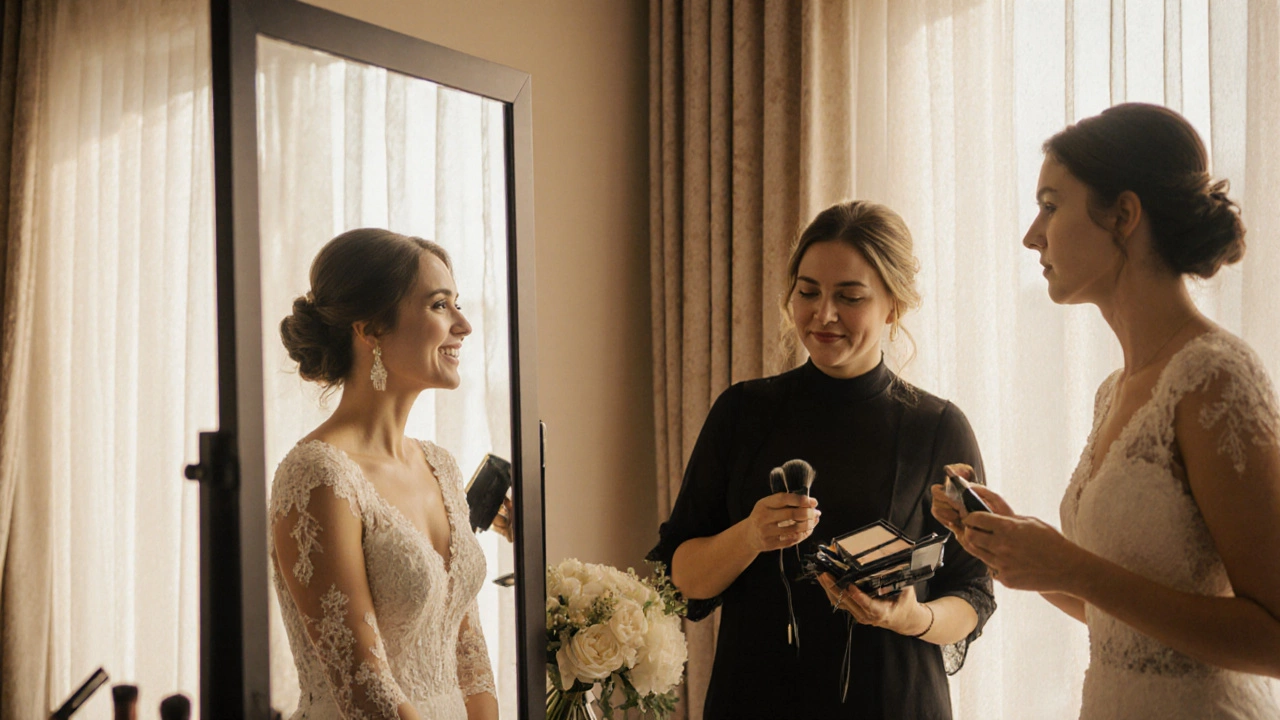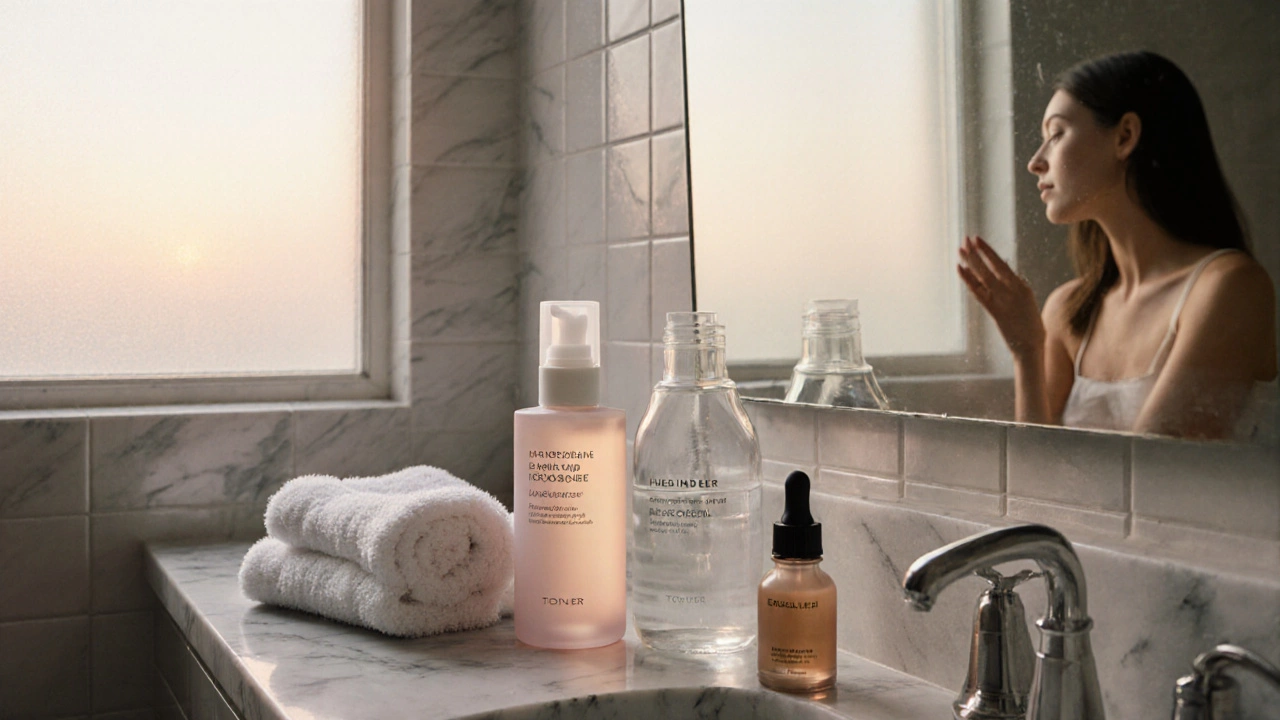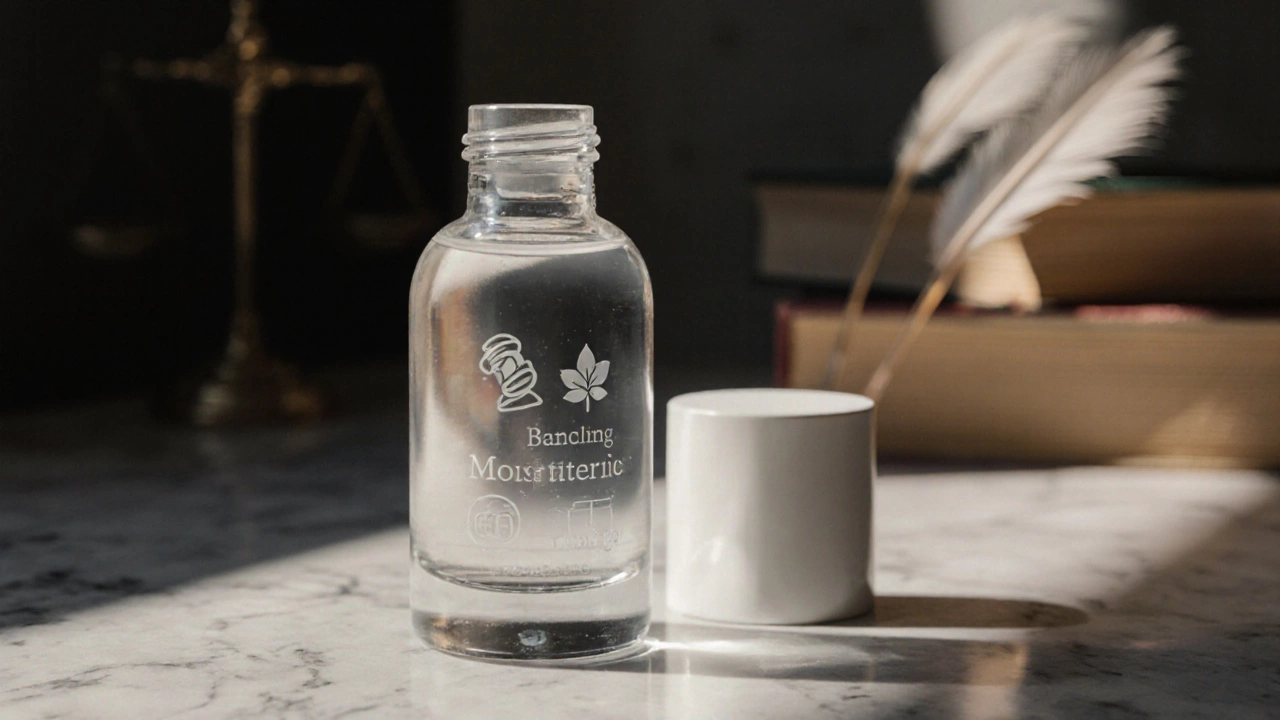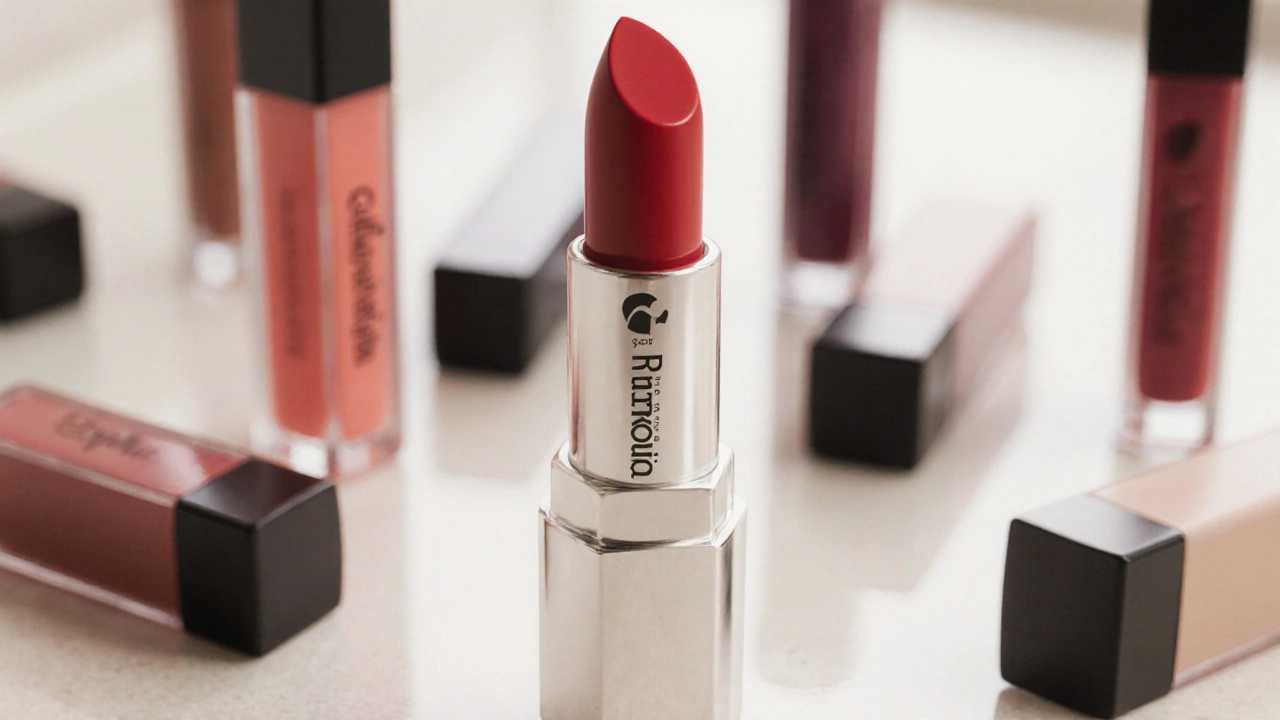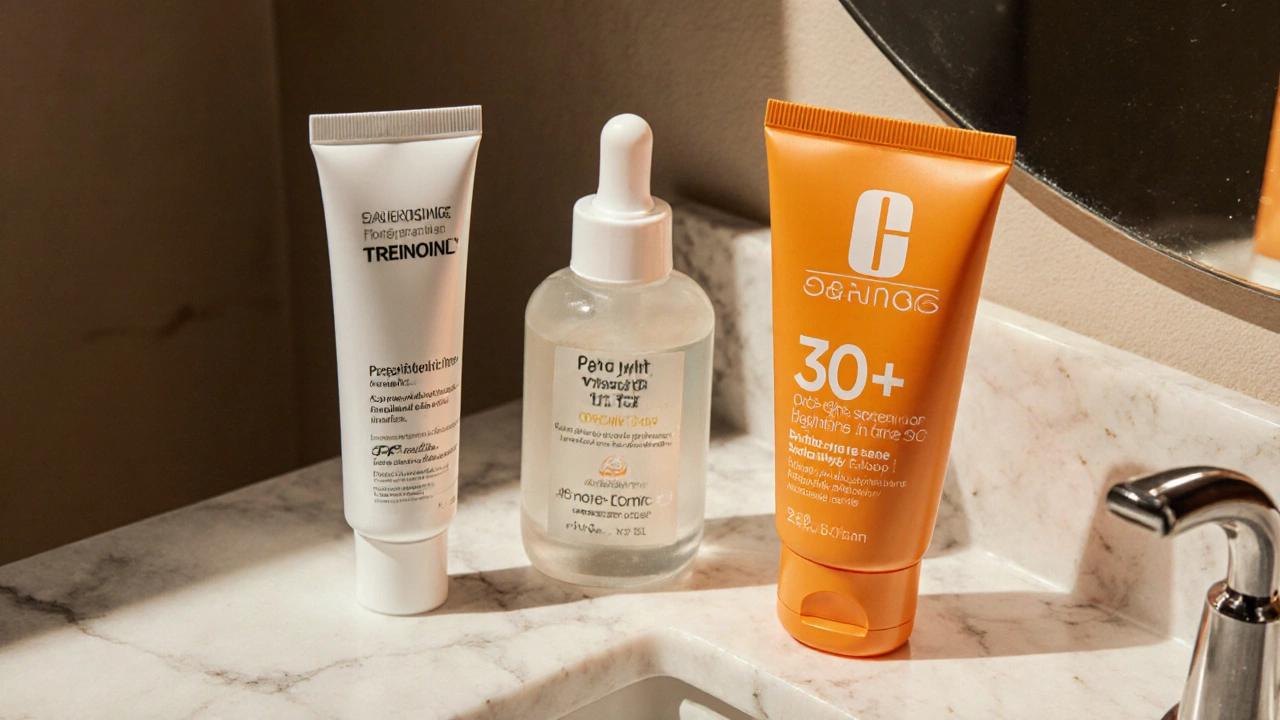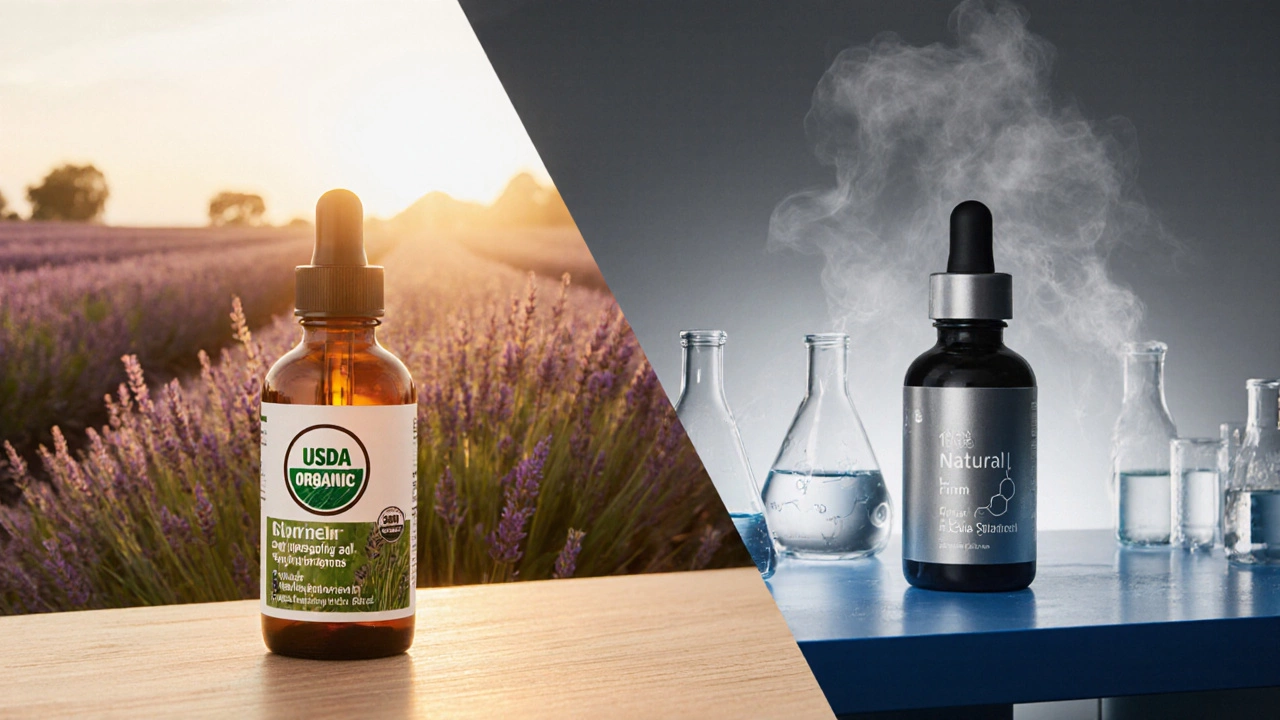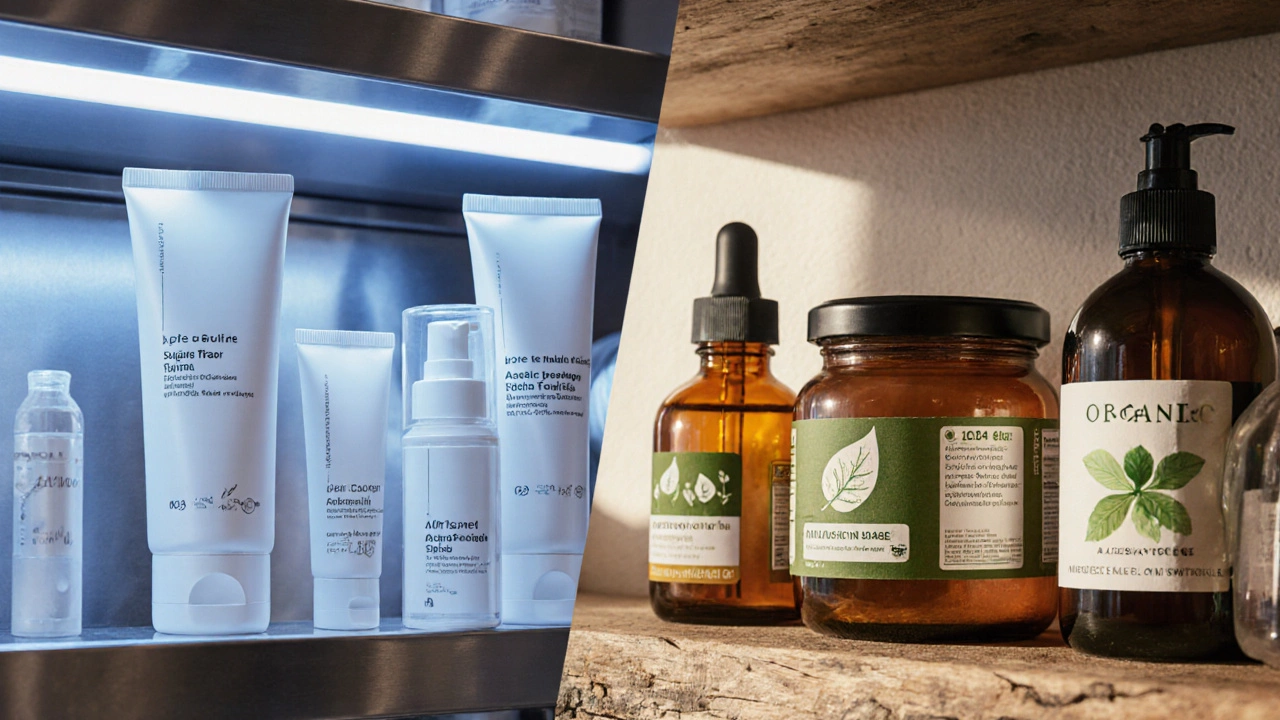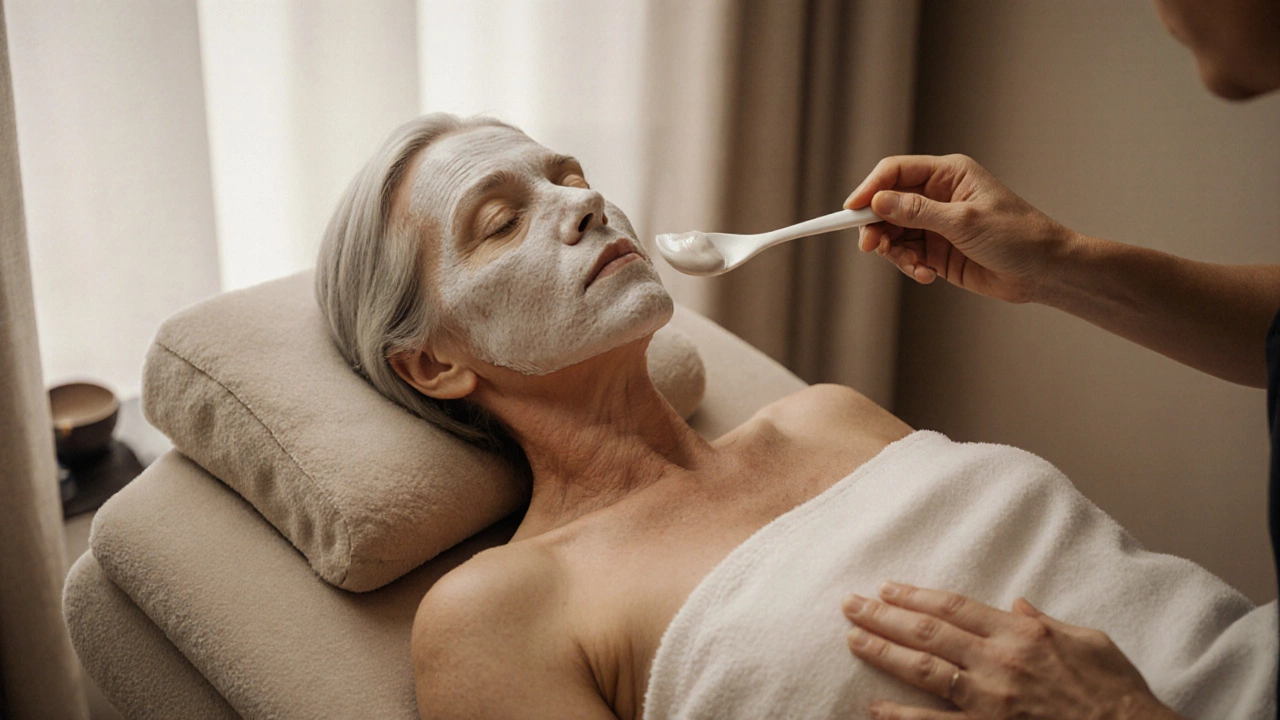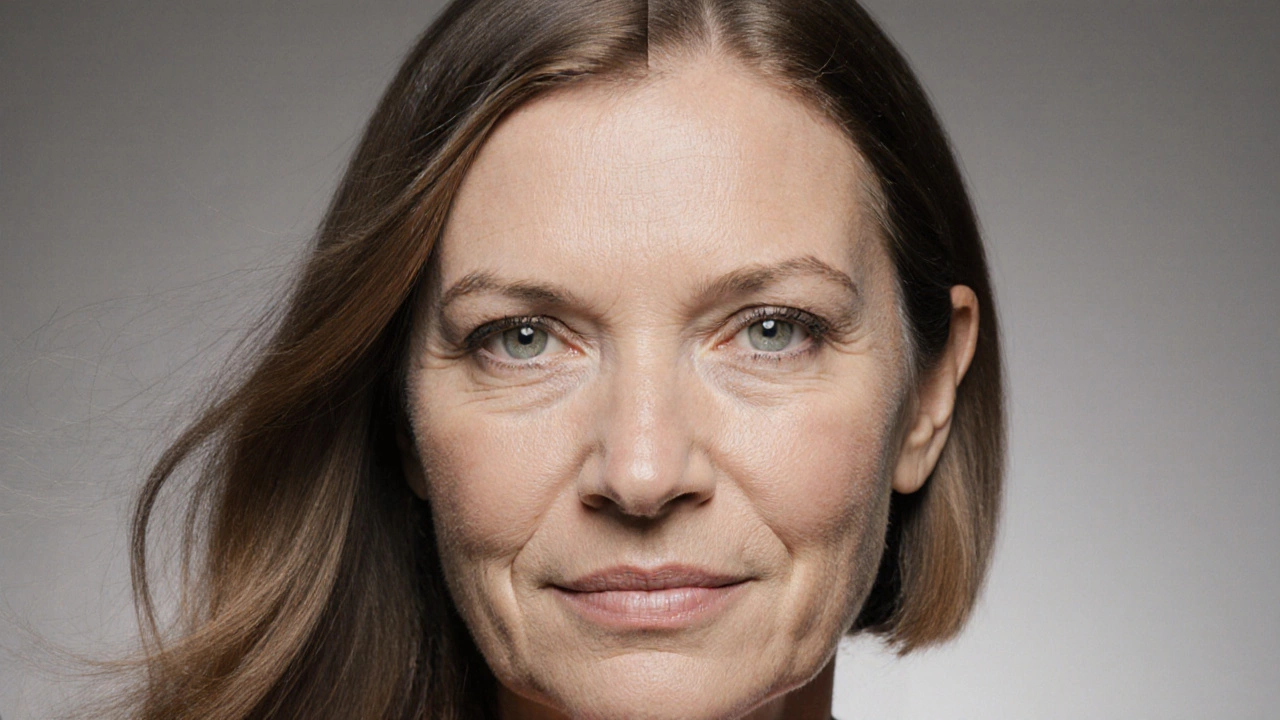2025 October Beauty Insights: Cruelty-Free Makeup, Skincare Rules, and Anti-Aging Trends
When you buy cruelty-free makeup, a product marketed as not tested on animals, often with certifications from PETA or Leaping Bunny. Also known as animal-friendly cosmetics, it means the brand avoids animal testing—but not always, especially if they sell in countries like China where it’s required by law. That’s why brands like L’Oréal and Aveeno spark confusion: they claim they don’t test, but still ship to markets that force it. This isn’t just marketing—it’s a legal gray zone that affects your choices every time you pick up a lipstick or moisturizer.
Skincare routine, a daily sequence of products applied to maintain or improve skin health, often following rules like the 4-2-4 method. Also known as skin care schedule, it isn’t one-size-fits-all—what works for oily skin might clog dry skin, and skipping sunscreen ruins even the best serums. In October 2025, posts dug into what actually belongs in your routine: moisturizers, primers, serums—and whether they’re even classified as cosmetics. Lotion? Is it a drug? Is a moisturizer a cosmetic? The answer depends on what it claims to do, and that’s regulated differently in the UK, US, and EU. You can’t just guess—you need to read labels, understand ingredients, and know how the law defines each product.
Anti-aging treatments, methods used to reduce visible signs of aging, from topical creams to injections and oral supplements. Also known as wrinkle solutions, it ranges from proven science like retinoids and Botox to buzzwords like NAD+ boosters and senolytics. Some work. Some don’t. Some are expensive. Others are just fancy water. October’s posts cut through the noise: they showed you which treatments have real studies backing them, what’s overhyped, and how to spot a scam. You’ll find what works for 60-year-old skin, why short hair can make you look younger, and even what drinks might slow aging from the inside.
What ties all this together? Regulation. Whether it’s whether a product is labeled a cosmetic or a drug, whether a brand can call itself organic, or whether a salon follows hygiene rules—laws shape what you see on shelves and in salons. And in 2025, consumers are asking harder questions. They want transparency. They want proof. They don’t want to be misled.
This archive pulls together the most practical, no-fluff answers from October 2025: who’s really cruelty-free, how to pick a facial without getting scammed, what ingredients actually change your skin, and how to spot the difference between marketing and science. You’ll find guides for brides tipping their artists, breakdowns of Birchbox subscriptions, and even DIY face tighteners. No theory. No jargon. Just what you need to know before you spend your money.
Does L'Oreal Test on Animals? The Truth About Cruelty-Free Claims
L’Oréal claims not to test on animals, but still sells in China where animal testing is required by law. Learn the truth behind their cruelty-free claims and what it means for your makeup choices.
Do You Tip Wedding Makeup and Hair Artists? A Practical Guide for Brides and Guests
Should you tip your wedding makeup and hair artist? Learn how much to give, when to give it, and what to do if you can’t afford it-plus tips for assistants, trial runs, and more.
Best Products to Use Before Makeup - Your Complete Pre‑Makeup Guide
Discover the essential products to use before makeup, from moisturizers to primers. Learn how each step works, choose the right primer type, and avoid common mistakes for flawless, long‑lasting makeup.
Is a Moisturizer a Cosmetic? Answer & Regulation Guide
Learn whether moisturizers are classified as cosmetics, how regulations differ worldwide, and what that means for product safety and labeling.
What Is the Most Popular Cosmetic? 2025’s Best‑Selling Makeup Uncovered
Discover why lipstick is the most popular cosmetic in 2025, see top-selling brands, market trends, and get a practical guide to choosing the perfect shade.
Effective Solutions for Wrinkles: What Really Works?
Discover which wrinkle solutions truly work-from retinoids and Botox to laser resurfacing-plus a step‑by‑step plan, comparison table, and myths busted.
Is Organic Skincare Really 100% Natural?
Find out what 'organic' really means for skincare, how it differs from 'natural', and how to read labels to spot true organic products.
Birchbox Subscription Explained: How It Works & What to Expect
Discover how the birchbox subscription works-from sign‑up and personalization to pricing, shipping, and tips for getting the most out of each monthly beauty box.
Medical Grade Skincare vs Organic Skincare: Key Differences Explained
Explore the core differences between medical grade and organic skincare, from regulations and ingredients to pricing and efficacy.
Best Face Treatments for 60‑Year‑Old Skin: Expert Guide
Discover the top professional and at‑home face treatments for 60‑year‑old skin, with ingredients, routines, costs, and FAQs to help you choose the best anti‑aging facial.
Common Weaknesses of Beauty Salons - What to Watch For
Discover the most common weakness of a beauty salon, from hygiene lapses to hidden fees, and learn practical tips to spot them before you book your next appointment.
Short Hair and Age Perception: Does It Make You Look Younger or Older?
Discover how short hair styles influence perceived age, learn which cuts make you look younger, and get expert tips on pairing haircuts with facial treatments for a youthful look.


